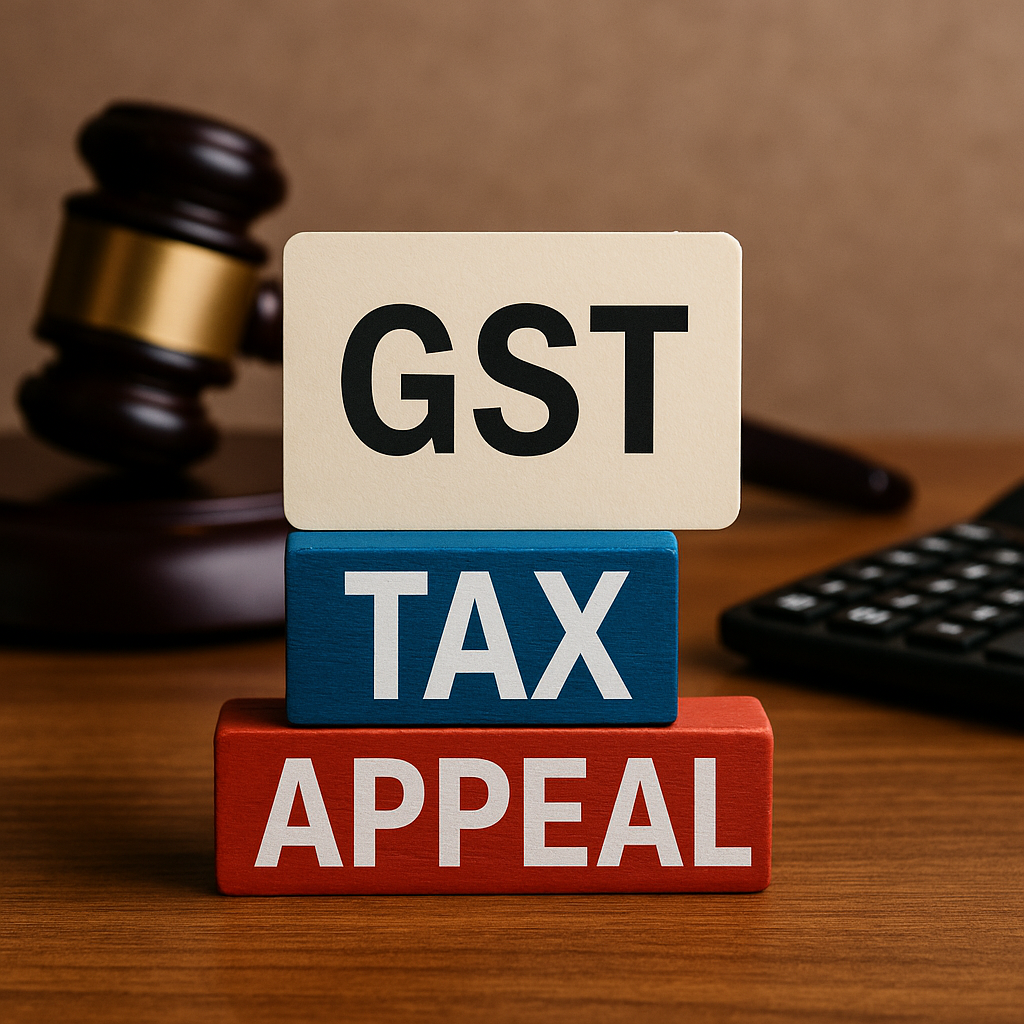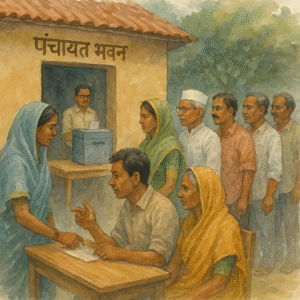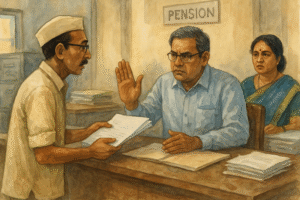The Patna High Court has delivered an important order for businesses and individuals facing delayed GST appeals. In this case, the petitioner approached the Court to challenge a tax demand order passed under Section 73(9) of the Bihar Goods and Services Tax Act, 2017 (BGST Act). Instead of quashing the order, the Court guided the petitioner to use a special, time-bound window created by the Central Government to file an appeal even after the usual limitation period had expired. The judgment was delivered on 14 December 2023 by a Division Bench comprising the Hon’ble Chief Justice and Hon’ble Mr. Justice Rajiv Roy.
The petitioner had directly invoked the writ jurisdiction to set aside an order dated 08.12.2021 passed under Section 73(9) of the BGST Act. Ordinarily, such orders are appealable under Section 107 of the Act within three months, with a further one-month condonable delay. However, no appeal was filed within this period, and even the writ petition reached the Court after nearly one year. The Bench reiterated the consistent view of both the Supreme Court and High Courts: when a statute prescribes a specific limitation period for appeal and prescribes the extent of condonation, neither the appellate authority nor the High Court under Article 226 can extend that period beyond what the statute permits.
At the same time, the Court took note of a significant development: the Central Board of Indirect Taxes and Customs (CBIC), through Notification No. 53/2023 – Central Tax dated 02.11.2023 (S.O. 4767(E)), temporarily extended the time for filing appeals against orders passed by the “Proper Officer” on or before 31.03.2023 under Sections 73 and 74. This special dispensation allows a delayed appeal to be entertained if the appellant follows a prescribed procedure. Crucially, the appeal must be filed on or before 31 January 2024 using FORM GST APL-01. In addition, the appellant must pay (i) the full amount admitted in the impugned order, and (ii) 12.5% of the remaining disputed tax (capped at ₹25 crores), with at least 20% of that 12.5% being paid from the Electronic Cash Ledger. These conditions flow from paragraphs 2 to 6 of the Notification, which the Court reproduced in the judgment.
Applying this framework, the Court held that since the petitioner had not filed an appeal at all, the proper course would be to file one within the special window, strictly complying with the payment conditions mentioned in paragraph 3 of the Notification. If the appeal is filed by 31.01.2024 with the required pre-deposit and other conditions fulfilled, the appellate authority must accept it and decide it on merits. On that basis, the writ petition was disposed of.
In practical terms, the judgment clarifies that the High Court will not extend appeal limitation beyond what the statute permits, but taxpayers can still benefit from a central government’s one-time relaxation—provided they meet the strict timeline and payment requirements. For businesses that missed the standard appeal window against Section 73/74 orders passed on or before 31.03.2023, this order underscores a clear, workable path: use the special CBIC window, deposit the requisite amount, and have the matter heard on merits instead of seeking extraordinary relief in a writ petition.
Significance or Implication of the Judgment (For general public or government)
This decision is significant for both taxpayers and tax administration. For the public and businesses, it highlights a second chance to challenge GST demands that might otherwise have become final due to limitation. The Court’s approach encourages litigants to exhaust statutory remedies rather than seeking writ relief at the outset. For the government, the ruling ensures that appeals move through the specialized GST appellate channel, preserving revenue (through mandatory pre-deposit) while allowing bona fide grievances to be adjudicated on merits. It also promotes uniformity by aligning High Court relief with the CBIC’s nationwide one-time extension, thereby avoiding ad hoc condonation beyond statutory limits.
Legal Issue(s) Decided and the Court’s Decision with reasoning
- Whether the High Court can condone delay in filing a GST appeal beyond the statutory limit in Section 107(4) BGST?
Decision: No. When a statute sets a specific time limit for appeal and prescribes a maximum condonable delay, neither the appellate authority nor the High Court under Article 226 can extend that limit. Reasoning: The Bench reiterated the settled principle that statutory timelines are binding; extraordinary jurisdiction cannot be used to override explicit legislative limits. - Whether the petitioner, despite missing the ordinary limitation, can still pursue an appeal under the CBIC’s special notification?
Decision: Yes. The Court directed the petitioner to file an appeal in terms of Notification No. 53/2023 – Central Tax by 31.01.2024. Reasoning: The notification specifically extends the time for appeals against orders passed on or before 31.03.2023 under Sections 73/74, subject to compliance with the special procedure and pre-deposit requirements (admitted dues + 12.5% of disputed tax, with a part mandatorily via cash ledger). Upon such compliance, the appeal must be taken up and considered on merits. - What must a litigant pay to access the special appeal window?
Decision: The litigant must deposit the entire admitted amount and 12.5% of the remaining disputed tax (subject to a ₹25 crore cap), with at least 20% of the 12.5% paid from the Electronic Cash Ledger. Reasoning: These are the express conditions in paragraph 3 of the Notification; the Court required strict adherence for maintainability.
Case Title
Prashant Luthra v. State of Bihar & Ors.
Case Number
Civil Writ Jurisdiction Case No. 3133 of 2023
Coram and Names of Judges
Hon’ble the Chief Justice (K. Vinod Chandran, CJ) and Hon’ble Mr. Justice Rajiv Roy. Judgment dated 14.12.2023 (Oral).
Names of Advocates and who they appeared for
- For the petitioner: Mrs. Manju Jha, Advocate.
- For the respondents (State Tax authorities): Mr. Vikash Kumar (SC 11).
Link to Judgment
MTUjMzEzMyMyMDIzIzEjTg==-lViJvQIwNio=
If you found this explanation helpful and wish to stay informed about how legal developments may affect your rights in Bihar, you may consider following Samvida Law Associates for more updates.









